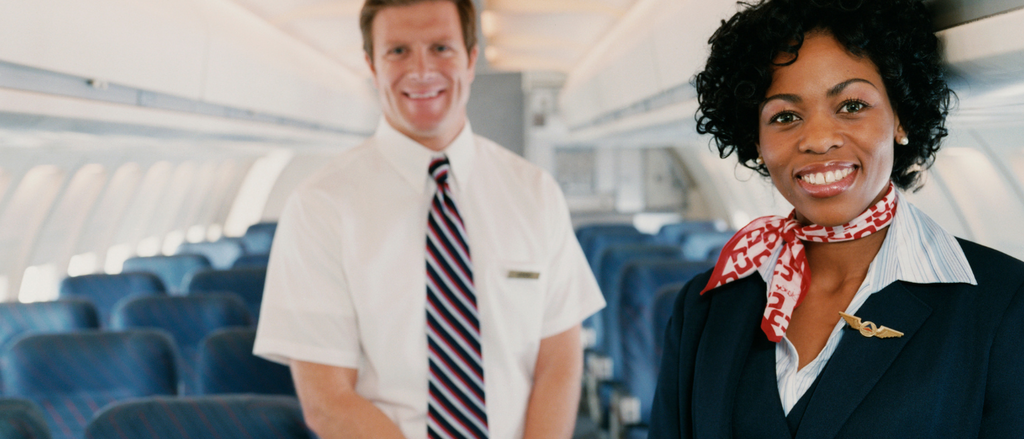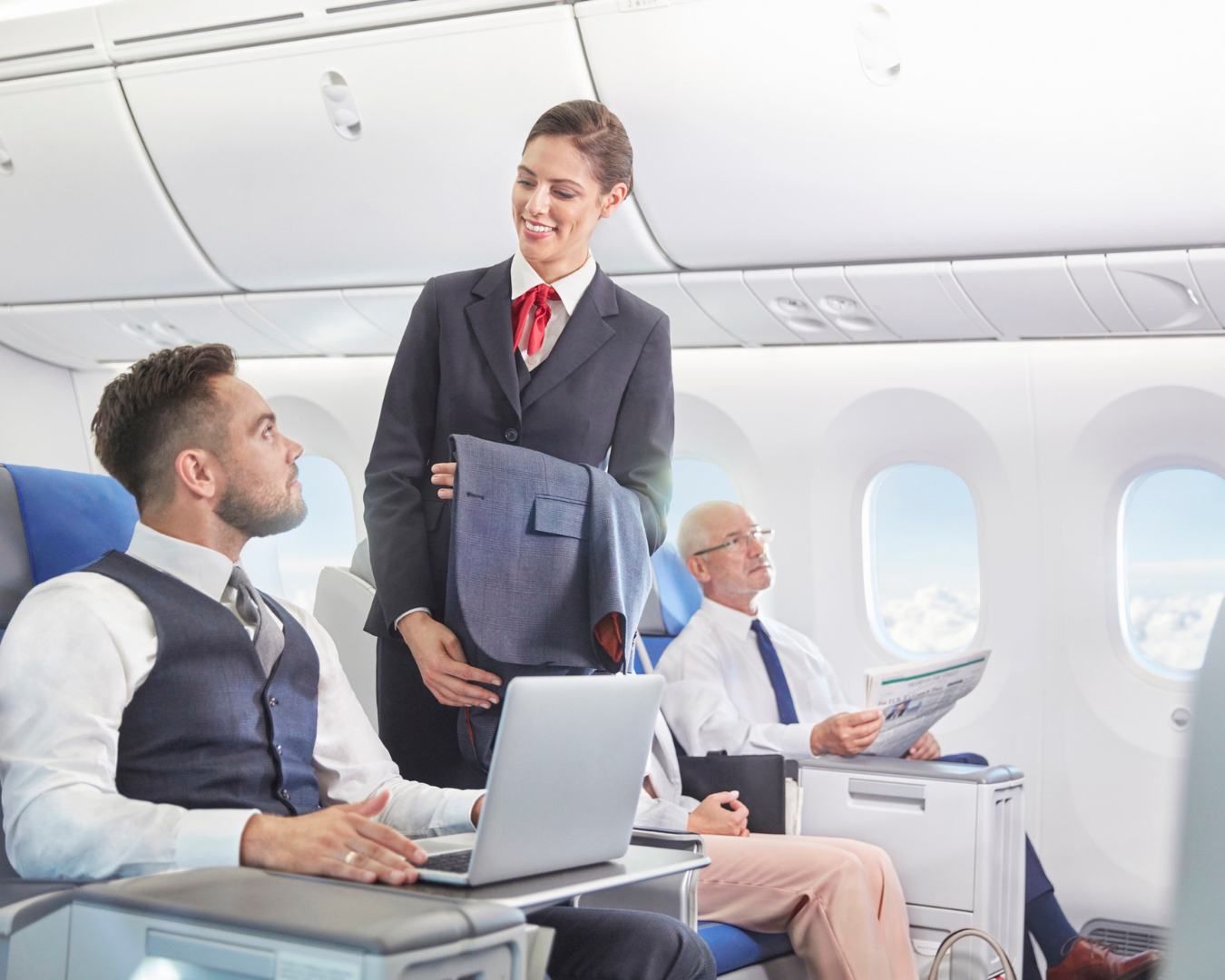
13 facts you didn’t know about cabin crew life
Wednesday, June 4, 2025
What is a cabin crew, and what does a cabin crew do?
A cabin crew, in other words, a flight attendant, refers to the team of aviation professionals who attend to passengers and carry out instructions given by pilots or co-pilots. Their duties include serving meals and beverages, and ensuring the safety and comfort of passengers by following the safety protocols during emergencies.
How much do flight attendants earn?
Cabin crew salaries vary depending on the airline, typically ranging from €16,000 to €44,000 annually. For instance, Finnair flight attendants earn approximately €21,000, those at KLM earn approximately €34,000, Air France offers about €40,000, and Swiss International Airlines pays up to €44,000.
What GCSEs do you need to be a flight attendant?
To become a flight attendant, most airlines require four or five GCSEs at grades 9 to 4 (A* to C), including English and maths.
What is the maximum age for a flight attendant?
The upper age limit for cabin crew varies significantly across airlines and countries. Some European airlines, such as Air France, follow a retirement age of 65, while certain Asian and Middle Eastern airlines enforce mandatory retirement between the ages of 40 and 50.
Is there a weight requirement for flight attendants?
No, there is no strict weight limit for flight attendants in general.
What is the height requirement for cabin crew?
On average, the minimum height requirement for cabin crew is approximately 157cm, and the maximum height requirement is 191cm. The table below provides more detailed information per airline.
| Airline | Minimum height requirement | Maximum height requirement |
| Lufthansa | 155cm | 195cm |
| KLM | 158cm | 190cm |
| Ryanair | 157cm | 188cm |
Can flight attendants have tattoos?
No, you must not have tattoos in any visible areas, such as hands, neck, or face.

Where do flight attendants sleep?
Flight attendants sleep in a designated rest area built within the aircraft, which separates the flight attendants from any interference with passengers. For example, the Boeing 777-300ER contains a rest area with eight separate bunks accessed by a staircase. On the Airbus A380, the crew rest area, consisting of double-stacked bunk beds, is located beneath the passenger seats.
What is the 35 in 7 rule?
The 35 in 7 rule is a regulation that states flight attendants are not scheduled to fly more than 35 hours within any 7 consecutive days. This is to ensure that flight attendants have a sufficient amount of recovery time to function well for the next flight.
Do flight attendants ever get days off?
Yes, they do. On average, flight attendants get between 11 and 18 days off per month!
Do flight attendants get free hotel stays?
Yes, the hotel stays are usually free when flight attendants need to stay overnight at the destination before boarding the returning flight.
How many times do flight attendants fly a day?
This depends on the airline and the flight distance. Flight attendants typically fly one long-haul flight per day and 2 to 4 short-haul flights per day.
Do flight attendants live together?
Yes, many flight attendants live together in Crash Pads, which are dorm rooms or apartments located near the airport. These offer a more affordable alternative for flight attendants who need a short stay to rest between flights.
How long is cabin crew training?
The duration of the cabin crew training varies per airline. Check the table below for more detailed information!
| Airline | Training duration (approx) |
| Lufthansa | 12-13 weeks |
| LOT Polish Airlines | 4 weeks |
| Finnair | 6-9 weeks |
| Easyjet | 4 weeks |
What to do if my flight gets delayed or cancelled?
Even though cabin crews try their best to ensure safe and comfortable flights, sometimes flight delays or cancellations occur beyond their control. Was your flight delayed or cancelled? You may be entitled to flight compensation up to €600! Claim your flight compensation now with Flight Delayed’s free claim calculator.
We hope you find this information useful, have a safe and amazing trip!
Want to keep up with more interesting tips and travel hacks? Read the rest of our blogs!



Did you like this content ?
Thanks you made our day!
Help us be better!
Well received, thanks!